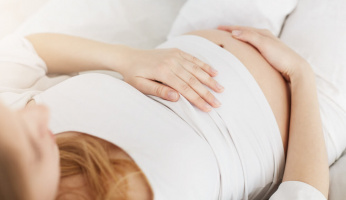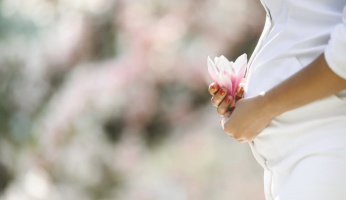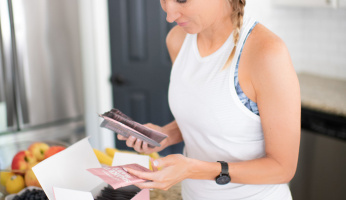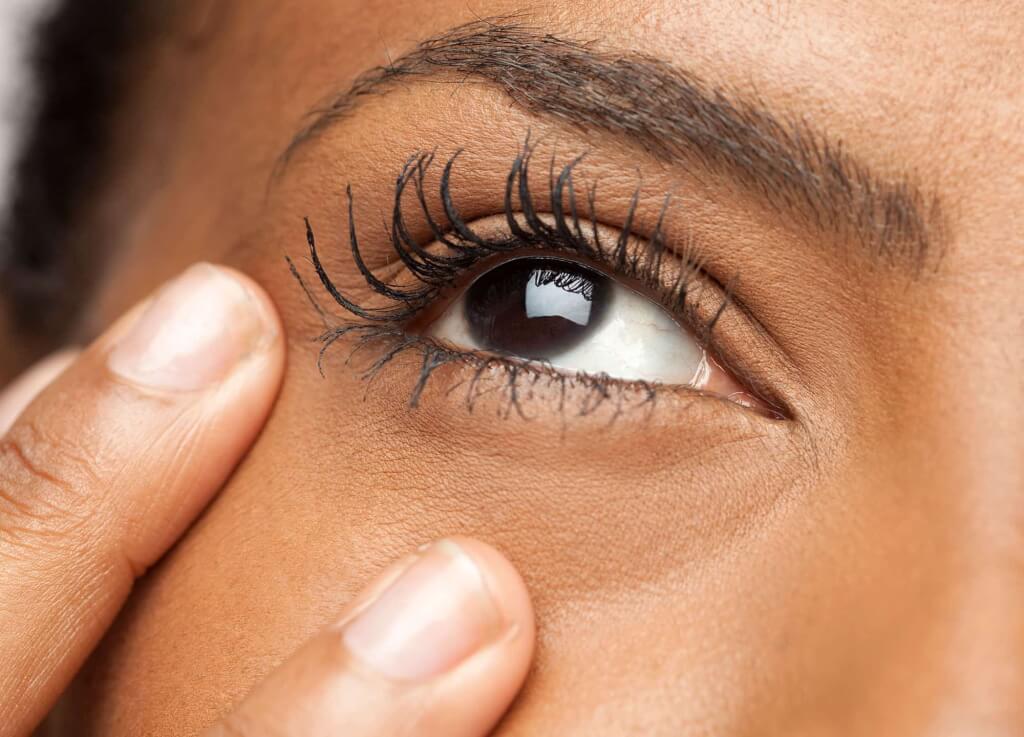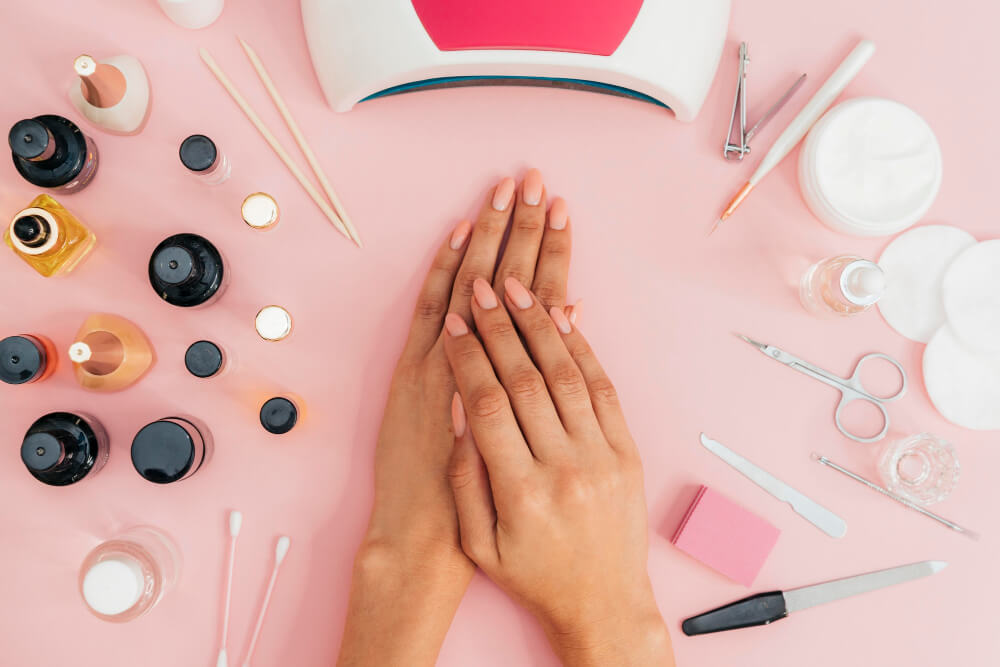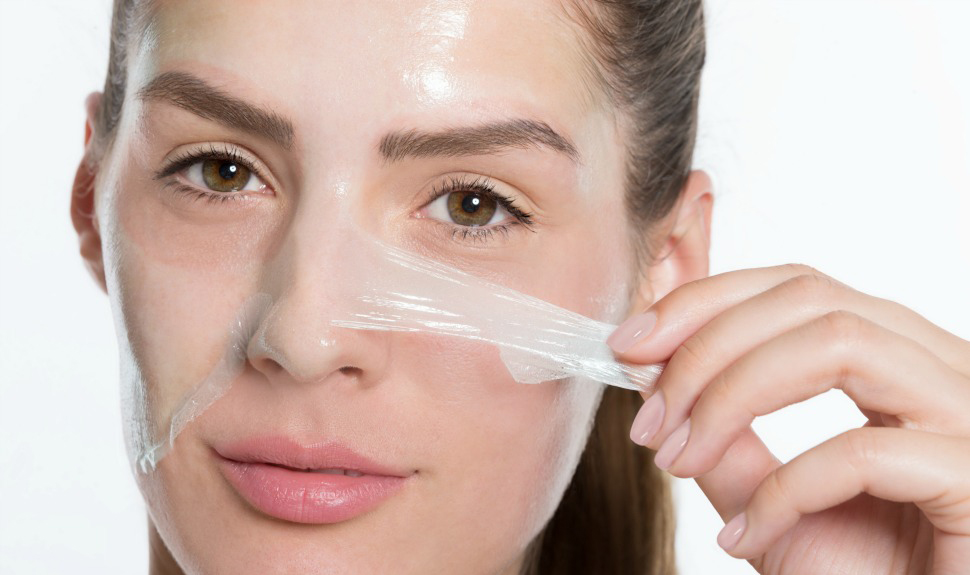Is Hibiscus Tea Safe During Pregnancy?
Pregnancy can be one of the most joyous times of your life. But it can also be one of the most confusing.
There are so many questions. What can you do while pregnant? What can’t you do while pregnant? Is this safe? Is that safe? And on this occasion, is hibiscus tea in pregnancy safe?
You probably know you should avoid some foods in pregnancy; tuna, soft cheese, excess caffeine, alcohol, etc. However, with only 200 milligrams of caffeine permitted per day, many pregnant women reach for herbal tea.
But this isn’t always such a great idea either. First, you have to be careful with herbal teas.
So, let’s explore the safety of hibiscus tea during pregnancy.
What is hibiscus?
Hibiscus is a flowering plant that’s usually found in tropical climates. It’s a versatile plant, with all of its parts having various uses. You can even make rope, paper, and herbal medicines from the hibiscus flowers and plant.
One of the most common ways people use hibiscus is for its floral arrangements and teas. This flowering plant’s flowers can be brewed to drink cold or hot tea.
What’s more, hibiscus tea is popular because of its potential health benefits.
Being rich in antioxidants, it can often aid;
- Liver health
- Blood pressure
- Weight loss
- Fighting bacteria
- Potential cancer preventives
Can you drink hibiscus tea when pregnant?
Clearly, hibiscus tea offers many health benefits. It’s also pretty darn yummy. But drinking hibiscus tea during pregnancy or breastfeeding is not recommended by experts.
In a 2013 study on animals, Hibiscus tea was found to have specific risks for expectant mothers. Threats such as miscarriage and delayed pregnancy could potentially occur with the consumption of hibiscus tea in pregnancy.
In addition, the animals’ offspring are also potentially at risk of higher body mass index, obesity, and maternal malnutrition.
Although you may be partial to a cup or two, the issue comes with its primary goal of regulating hormones and periods. Unfortunately, this means it’s not safe for pregnancy due to the potential risks of bleeding, cramping, miscarriage, or early labor.
Although studies have only been conducted on animals, not humans, these animal studies offer enough evidence for experts to discourage drinking hibiscus tea during pregnancy.
The Risks
As mentioned above, two of the biggest concerns of hibiscus tea in pregnancy include miscarriage and delayed puberty. So let’s dive deeper into these issues to determine the risks.
-
Hibiscus tea and miscarriage
With one of its primary purposes to improve menstruation, the hibiscus plant is known for regulating the hormones that affect your periods. Hibiscus tea or supplements can help balance these hormones until menstruation becomes regulated.
But because hibiscus in pregnancy can bring on the onset of menstruation, according to research done in 2019, there’s an obvious danger here.
Pregnancy comes with a specific set of hormones. So it’s not a time to be messing with your body doing what it needs to do during pregnancy.
In addition, Hibiscus tea has the emmenagogue effect. A fact that can encourage blood flow to the uterus, helping to stimulate menstruation.
This means the impact of drinking hibiscus tea during pregnancy may include bleeding, cramping, miscarriage, and early labor.
Although more research is needed, drinking hibiscus tea in pregnancy is not recommended to avoid any excess risks of miscarriage.
-
Delayed Puberty
Another study conducted in 2016 on pregnant rats suggests that Hibiscus tea, when drank in pregnancy, can delay puberty in the offspring.
Like the one conducted in 2008, other studies also examined the effect of pregnant rats ingesting hibiscus tea, which supports these findings.
Again, researchers found that consuming Hibiscus tea in pregnancy often delays puberty in the child and maternal malnutrition.
8 other risks
Although these two risks are the most serious, unfortunately, consuming Hibiscus tea in pregnancy comes with other unpleasant and potentially risky side effects. In addition, pregnancy comes with much of its own discomforts, so don’t add to it.
Avoid the below by avoiding hibiscus tea during pregnancy;
- Headache
- Nausea
- Gas
- Constipation
- Shaking
- Ringing ears
- Pain during urination
- Stomach pain
What about breastfeeding?
Drinking Hibiscus tea during breastfeeding is a slightly trickier issue.
Its herbal ingredient galactagogue is a natural supplement popular for its milk supply improvement techniques.
Hibiscus tea is trendy in some parts of the world, like Nigeria, for its lactation promotion techniques. Although no specific tests are done on animals, in vitro studies on animal cells indicate that Hibiscus tea improves lactation.
But like I said, it’s tricky. These studies suggested that ‘caution should be exercised during pregnancy and breastfeeding.’
Eat a diet rich in fresh fruit and vegetables, whole grains, high-quality fats, and protein, and you won’t need the Hibiscus tea.
14 other teas to avoid
As we said initially, pregnant women often reach for herbal tea in exchange for their favorite caffeinated drinks. But there’s quite a list of herbal teas that should be avoided during pregnancy.
A number of them are only off-limits in some trimesters.
Check out the list below and check with a doctor if you’re ever unsure.
- Angelica
- Ginseng
- Licorice
- Dong Quai
- Peppermint (avoid in the first trimester)
- Chamomile (avoid in the first trimester)
- Angelica
- Wormwood
- Shepherd’s purse
- Cinnamon
- Fennel
- John’s Wort
- Rhubarb
- Red raspberry leaf (confirm with your doctor if it’s OK to use during the third trimester to ease labor)
Final thoughts
Herbal teas can and often are a refreshing and healthy alternative to caffeinated drinks during pregnancy, like Coca-Cola and coffee. But your baby might not thank you for your choice of herbal tea.
Always check which herbal teas are safe to consume during pregnancy and what trimester you can consume them.
Like many other things, hibiscus tea has not been well studied in pregnancy, so it’s best to choose a more pregnancy-safe beverage until after baba has arrived.





